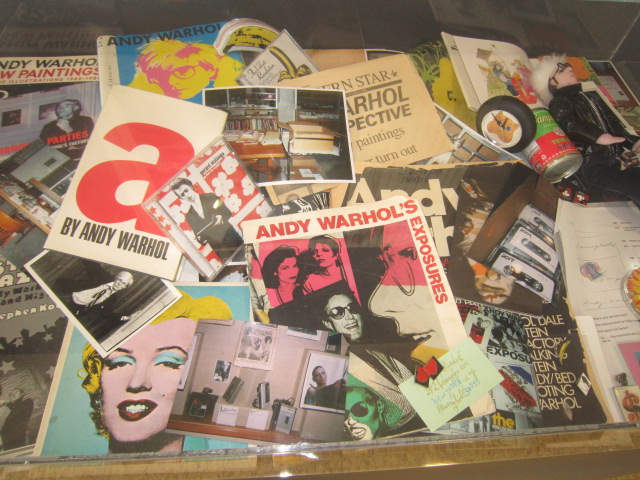National Museum of Cardiff
24 January 2020
Professor Jean Wainwright will present the paper Andy Warhol and the political ‘Fifteen Minutes of Fame’
This paper examines Andy Warhol relationship with politics, celebrity and consumerism. As an artist he appeared to be full of political contradiction, drawing and screening many works that could be considered provocatively political in their subject matter. His series of screen-prints of Jackie Kennedy, Race Riots, Electric Chair’s, Hammer and Sickle’s, Vote McGovern and Mao, are all loaded imagery. Warhol’s images embraced Cold War politics, turbulent social upheavals and spanned several American presidential premierships, yet he often publicly denied any critical engagement with his imagery. He claimed to have screen-printed Still life (Hammer and Sickle) because as a symbol it had become as ‘pop’ as a popular graffiti symbol. He liked to fantasize about how he would use his TV time, if he were President. He was thrilled to go to the White House whoever the President, and would report back on the décor or food served, yet who conversely has left us enduring political images from the decades of the sixties, seventies and eighties. This paper asks, was he attracted to the ‘open sores of America’ as Thomas Crow has suggested, or was what he was screening just a ‘surface’ reason, his repetitions emptying out the content. Using some of my archival interviews with Warhol’s brothers (John and Paul Warhola) I examine Warhol’s relationship between his childhood poverty in a ‘working class’ area of Pittsburgh and the escapism of celebrity to examine the way that this impacted on his political works.

